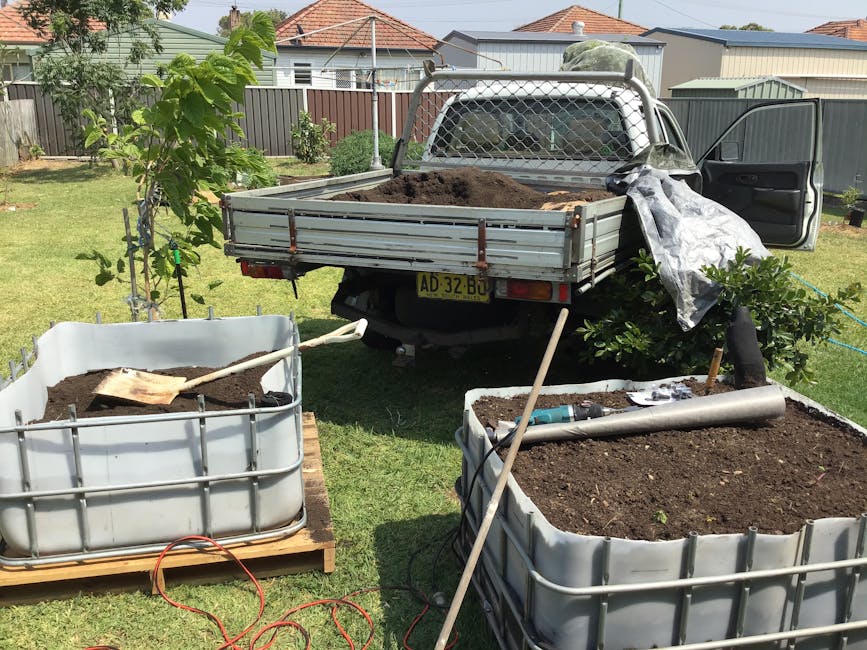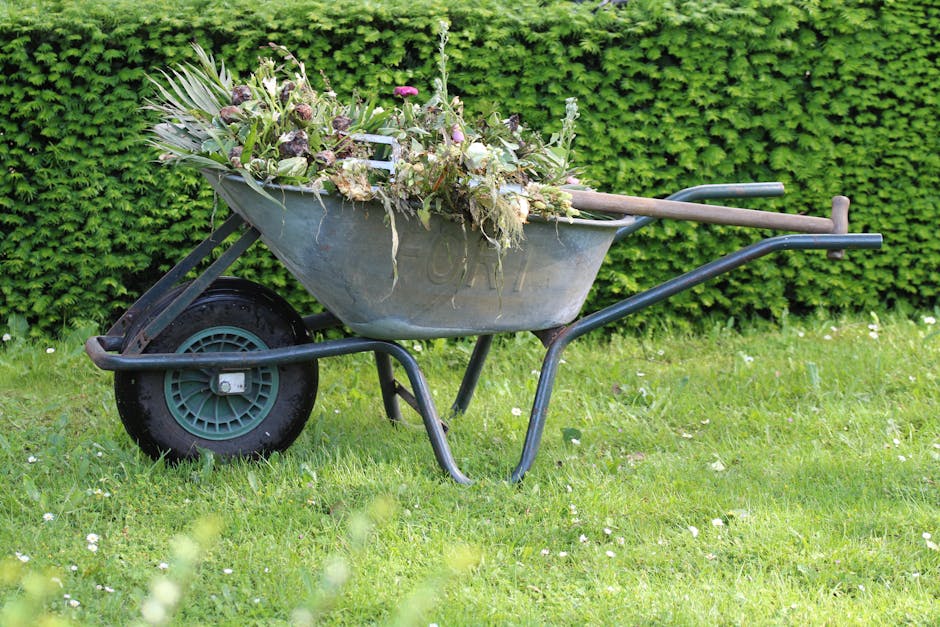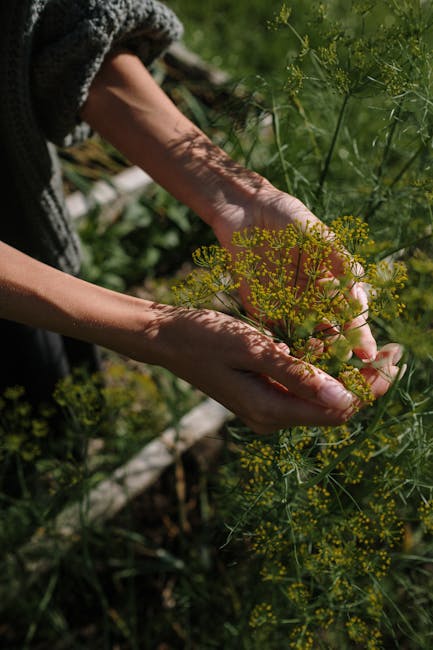Gardening, a seemingly simple activity, can be a powerful therapeutic tool in combating depression. This blog post delves into the myriad ways gardening can serve as a balm for the mind, offering solace and healing to those grappling with depression. Intrigued? Read on to discover how tending to plants can tend to your mental health.
Key Takeaways
- Gardening can help reduce symptoms of depression and anxiety.
- It promotes physical activity and sensory stimulation.
- It fosters social interaction and community building.
- Horticultural therapy is a recognized therapeutic intervention.
- Gardening connects us with nature and its healing rhythms.
- It provides a creative outlet and fosters personal growth.
- Exposure to soil microbes can potentially reduce depression risk.
Introduction to Gardening as a Therapeutic Tool
Overview of depression and its impacts
Depression is a debilitating mental health condition that affects millions of people worldwide. It can lead to severe emotional pain, physical health problems, and in extreme cases, suicide. The search for effective therapeutic tools is a critical aspect of managing this condition.
Explanation of therapeutic tools and their importance
Therapeutic tools are techniques or activities that help individuals manage their mental health conditions. They can range from traditional talk therapy and medication to alternative practices like yoga, meditation, and yes, gardening. These tools are vital as they provide coping mechanisms and can significantly improve quality of life.

Psychological Benefits of Gardening
Reduction of Depression and Anxiety Symptoms
Engagement in peaceful activities
Gardening is a peaceful activity that allows individuals to focus on the task at hand, diverting attention from negative thoughts and feelings. This engagement can lead to a reduction in symptoms of depression and anxiety.
Promotion of mindfulness
Gardening also promotes mindfulness, a state of being fully present and engaged in the moment. Mindfulness has been shown to reduce stress and improve mental well-being, making gardening a natural ally in the fight against depression.
Mood Enhancement and Well-being
Connection to life through plant care
Caring for plants creates a connection to life that can be deeply therapeutic. Nurturing a plant and watching it grow can instill a sense of purpose and achievement, enhancing mood and overall well-being.
Witnessing growth and its emotional uplift
Seeing a seed sprout, a flower bloom, or a plant bear fruit can bring immense joy and satisfaction. This process of growth and renewal can serve as a powerful metaphor for personal growth and recovery, providing emotional uplift and hope.

Physical Benefits of Gardening
Exercise and Endorphin Release
Physical activity involved in gardening
Gardening involves a good deal of physical activity, from digging and planting to weeding and watering. This exercise can help alleviate depression by releasing endorphins, the body’s natural mood lifters, as explained by the Mayo Clinic.
Stimulating endorphins to alleviate depression
Endorphins are chemicals produced by the body to relieve stress and pain. They work similarly to a class of drugs called opioids. Opioids relieve pain and can produce a feeling of well-being. That’s why when you increase your levels of endorphin, you feel less pain and fewer negative effects of stress.
Sensory Stimulation
Interaction with various plant textures and smells
Gardening provides a rich sensory experience. The feel of soil, the scent of flowers, the sound of rustling leaves – all these can have a calming effect, reducing stress and promoting relaxation.
Calming effects of natural sensory experiences
Engaging with nature through gardening can help us reconnect with our natural rhythms, leading to improved mood and reduced anxiety. This concept is further explored in our blog post on the benefits of spending time in nature for stress reduction.

Social and Community Aspects of Gardening
Community Gardening
Building a sense of belonging and support
Community gardens offer a space for people to come together, fostering a sense of belonging and mutual support. They can serve as a lifeline for those feeling isolated due to depression.
Sharing experiences and fostering supportive networks
In a community garden, people share not just a physical space but also experiences, knowledge, and the fruits of their labor. This shared endeavor can foster supportive networks, providing emotional support and reducing feelings of loneliness.
Enhancing Social Interaction
Opportunities to connect with others
Gardening provides numerous opportunities to connect with others, whether it’s swapping tips with a fellow gardener, joining a gardening club, or simply sharing your garden’s bounty with friends and family.
Reduction of feelings of isolation
By enhancing social interaction, gardening can help reduce feelings of isolation, a common symptom of depression. Our blog post on the benefits of pet ownership for mental health further discusses the importance of companionship in combating depression.

Horticultural Therapy and Structured Gardening Interventions
Definition and Implementation of Horticultural Therapy
Horticultural therapy is a recognized therapeutic intervention that uses gardening tasks and plant-based activities to achieve specific therapeutic treatment goals. The American Horticultural Therapy Association provides more information on this therapeutic approach.
Benefits Specific to Mental Health
Structured therapeutic interventions using gardening
Structured gardening interventions, such as horticultural therapy, can provide specific benefits for mental health. They offer a structured yet flexible approach to therapy that can be tailored to individual needs, making them a valuable tool in treating depression.
Recognized improvements in mental health conditions
Numerous studies have shown improvements in depression, anxiety, and other mental health conditions following horticultural therapy. This Psychology Today article provides an overview of the mental health benefits of gardening.

Connection with Nature and Seasonal Cycles
Understanding Natural Rhythms
Influence of changing seasons on mood
Gardening connects us with the changing seasons and the rhythms of nature. This connection can influence our mood and well-being. For instance, the arrival of spring and the promise of new growth can lift spirits, while the quiet of winter can offer a time for rest and reflection. Our blog post on understanding and managing Seasonal Affective Disorder (SAD) delves deeper into this topic.
Plant life cycles and their psychological impact
Observing the life cycles of plants – from seed to sprout, bloom to decay – can offer valuable lessons in patience, acceptance, and the cyclical nature of life. These lessons can have a profound psychological impact, helping individuals cope with their depression.
Fostering a Nurturing Relationship with the Environment
Gardening encourages a nurturing relationship with the environment. It fosters a sense of stewardship and respect for nature, which can be deeply fulfilling and therapeutic.

Creativity and Self-expression Through Gardening
Gardening as a Creative Outlet
Opportunities for personal expression
Gardening offers endless opportunities for personal expression. From choosing plants and designing a garden layout to crafting unique plant combinations and color schemes, gardening allows individuals to express their creativity and individuality.
Impact on mood and stress reduction
Engaging in creative activities has been shown to reduce stress and improve mood, making gardening a natural choice for those seeking a creative outlet to help manage their depression.
Empowerment and Personal Growth
Sense of accomplishment
Creating and maintaining a garden can provide a significant sense of accomplishment. This feeling can boost self-esteem and confidence, key factors in combating depression.
Enhanced self-esteem and confidence
As gardeners see the results of their efforts – a well-tended garden, a successful harvest, a beautiful bloom – they gain confidence in their abilities. This enhanced self-esteem can be a powerful antidote to the feelings of worthlessness often associated with depression.
Microbial Exposure and Mental Health
Impact of Soil Microbes on Brain Health
Research findings on microbial exposure
Recent research suggests that exposure to certain soil microbes can have a positive impact on brain health. These microbes, known as Mycobacterium vaccae, have been found to increase the release and metabolism of serotonin in parts of the brain that control cognitive function and mood, much like antidepressant drugs do.
Potential reduction in depression risk
While more research is needed, these findings suggest that gardening could potentially reduce the risk of depression by altering brain chemistry in beneficial ways. This Healthline article provides more information on the potential mental health benefits of microbial exposure.

Conclusion
Summary of Gardening Benefits
Gardening offers a multitude of benefits for mental health, from reducing symptoms of depression and anxiety to promoting physical activity, social interaction, and a connection with nature. It provides a creative outlet and fosters personal growth, while exposure to soil microbes may offer additional mental health benefits.
Encouragement to Incorporate Gardening as a Therapeutic Practice
Whether you’re a seasoned gardener or a complete novice, consider incorporating gardening into your routine as a therapeutic practice. It’s not just about growing plants – it’s about growing hope, joy, and well-being. So why not grab a trowel, step into the garden, and let nature work its healing magic?
Gardening Your Way to a Brighter Mood: Unearthing the FAQ on Therapy and Depression
Can gardening really help with depression?
Yes, gardening can serve as a therapeutic tool for depression. Engaging in gardening activities has been shown to reduce symptoms of depression by providing a sense of achievement, connection to nature, and physical activity. It encourages mindfulness and can be a peaceful, meditative practice that helps distract from depressive thoughts.
How does gardening affect the brain to alleviate depression?
Gardening activities stimulate the release of endorphins, the body’s natural mood lifters, which can help to alleviate feelings of depression. Additionally, the exposure to sunlight during gardening increases Vitamin D levels, which have been linked to improvements in mood. The act of focusing on the tasks involved in gardening can also decrease levels of the stress hormone cortisol, promoting a more relaxed state of mind.
What aspect of gardening is most beneficial for depression?
The most beneficial aspect of gardening for depression is its ability to connect individuals with nature, providing a sense of peace and grounding. The physical activity involved in gardening also plays a significant role, as exercise can help reduce anxiety and depression symptoms. Moreover, the process of nurturing plants and witnessing their growth can offer a unique sense of accomplishment and purpose.
Can gardening therapy be used as a sole treatment for depression?
While gardening therapy can be a valuable component of a holistic approach to managing depression, it should not be used as a sole treatment. It is important to consult healthcare professionals for a comprehensive treatment plan that may include medication, psychotherapy, and lifestyle changes, including therapeutic gardening.
Are there specific gardening activities that are more effective for depression?
No specific gardening activities are universally more effective for depression, as the benefits can vary from person to person. However, activities that allow for creativity, such as designing a garden layout or choosing plants to grow, can be particularly rewarding. Engaging in repetitive tasks like weeding or planting can also offer meditative benefits, helping to reduce stress and improve mood.
How can someone with no gardening experience get started?
Starting with small, manageable projects is key for beginners. Container gardening or growing simple plants like herbs and succulents can be a good starting point. Local community gardens, gardening clubs, and online resources can provide valuable guidance and support. Remember, the goal is to enjoy the process and connect with nature, rather than achieving perfection.
Is there evidence to support the effectiveness of gardening as therapy for depression?
Yes, there is growing evidence supporting the effectiveness of gardening as a form of therapy for depression. Several studies have shown that participants who engage in gardening activities report significant reductions in depression symptoms. The benefits are attributed to a combination of physical activity, engagement with nature, and the therapeutic effects of participating in a nurturing activity.
Can children and the elderly benefit from gardening therapy for depression?
Absolutely. Gardening therapy is beneficial for individuals of all ages, including children and the elderly. For children, it can foster a sense of responsibility and accomplishment, while for the elderly, it can provide a sense of purpose and a way to stay active and engaged. Gardening activities can be adapted to suit any age group and physical ability, making it a versatile therapeutic tool.



